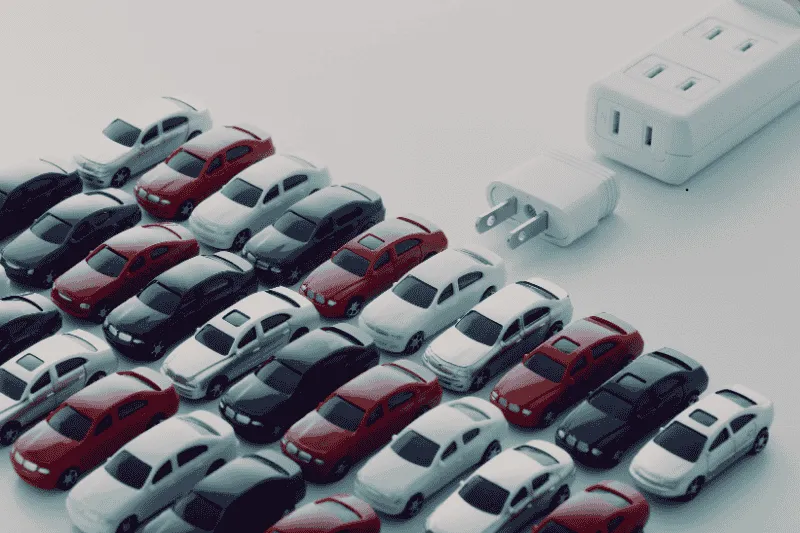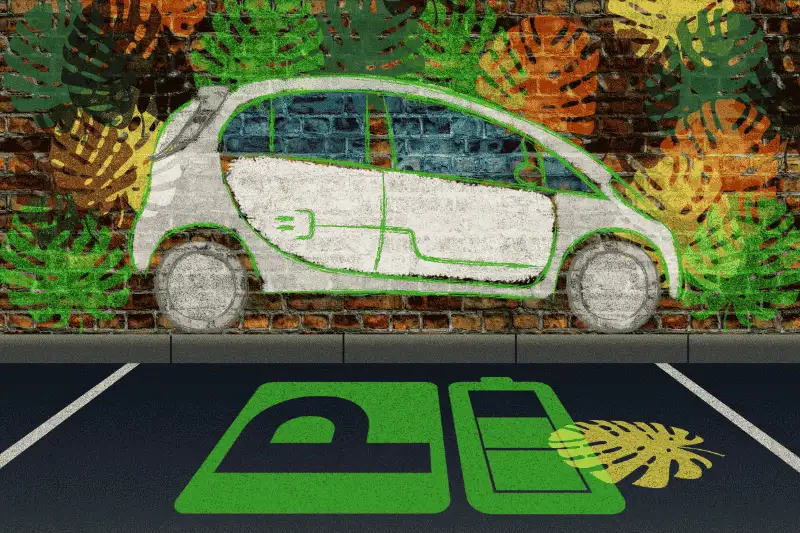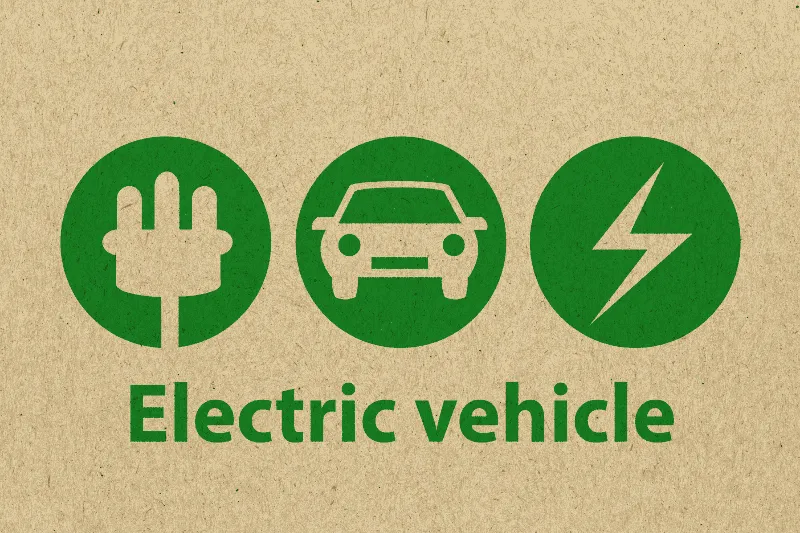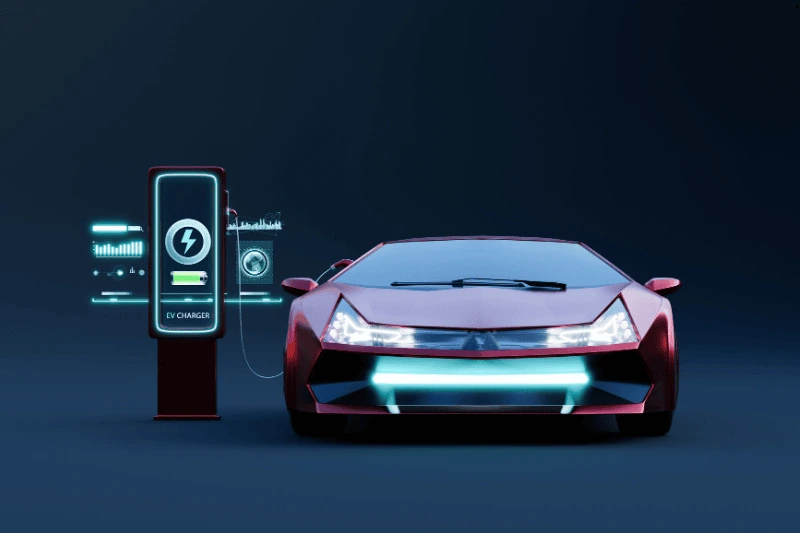These cutting-edge solar electric cars, which merge solar energy with electric vehicles, are poised to revolutionize transportation and usher in a cleaner, greener future. By harnessing the power of the sun, solar electric cars aim to transform mobility and make it more environmentally friendly than ever before.
Understanding solar electric cars
Solar electric cars utilize electric batteries that are charged through solar panels built into the vehicle’s design. These photovoltaic panels transform sunlight into electricity, allowing the car to function without depending solely on conventional grid charging. Although still under development, this innovative technology is advancing quickly, with manufacturers and researchers striving to make solar-powered vehicles efficient and available to consumers around the globe.
How solar electric cars function?
These vehicles are equipped with cutting-edge solar panels that harness sunlight and convert it into electrical energy. This energy is stored in a battery, which powers the electric motor to drive the vehicle. In sunny weather, the panels can keep generating electricity, even while the car is on the move. Additionally, for extra energy requirements, these cars can be charged at regular electric charging stations, offering a hybrid charging system that enhances flexibility and convenience.
The benefits of solar-powered mobility
The benefits of solar electric cars are considerable, particularly when it comes to tackling environmental issues. These vehicles harness solar energy, resulting in zero greenhouse gas emissions and promoting a cleaner environment. Additionally, drivers gain more energy independence since solar charging lessens the need to depend on the power grid. This can lead to substantial cost savings over time by reducing fuel and electricity costs. Moreover, incorporating solar panels can enhance the driving range, especially in sunny regions, allowing for longer journeys without the need for frequent charging breaks.
Challenges hindering widespread adoption
While solar electric cars offer a glimpse into a sustainable future, they encounter several challenges that need addressing. The efficiency of existing solar panels is a significant limitation, as they often fail to produce enough energy to fully power a vehicle, particularly in areas with less sunlight. Weather fluctuations also create difficulties, since cloudy or rainy days can hinder effective charging. Moreover, the high production costs and the lack of infrastructure for solar vehicles make them less attainable for the average consumer. These challenges underscore the importance of continued research and innovation in this field.
A vision for a cleaner tomorrow
The potential impact of solar electric cars goes well beyond just personal convenience. These vehicles represent a significant move towards a more sustainable transportation model that supports global efforts to cut carbon emissions and encourage the use of renewable energy. As governments worldwide back green energy initiatives and provide incentives for embracing clean technologies, the road to widespread acceptance of solar electric cars is becoming increasingly evident.
Conclusion
The potential impact of solar electric cars goes well beyond just personal convenience. These vehicles represent a significant move towards a more sustainable transportation model that supports global efforts to cut carbon emissions and encourage the use of renewable energy. As governments worldwide back green energy initiatives and provide incentives for embracing clean technologies, the road to widespread acceptance of solar electric cars is becoming increasingly evident.








